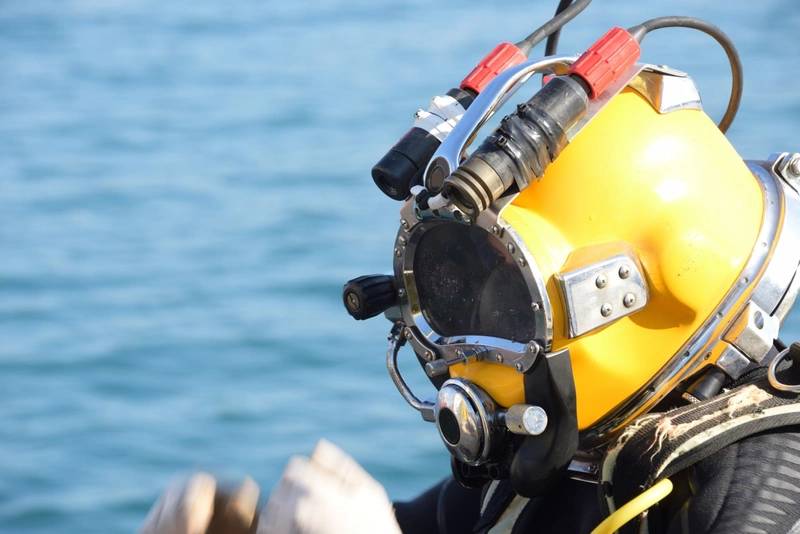- Messages
- 53,675
- Reaction score
- 7,856
- # of dives
- 500 - 999

DOF Subsea Convicted of Breaching Health & Safety Duties During Diving Ops Offshore Australia
Subsea services firm DOF Subsea Australia was on Tuesday convicted of three counts of negligently breaching its health and safety…
Subsea services firm DOF Subsea Australia was on Tuesday convicted of three counts of negligently breaching its health and safety requirements as an employer during saturation diving operations at an offshore field in Australia in 2017.
According to Australia's offshore oil and gas safety regulator, NOPSEMA, the breaches occurred during saturation diving carried out in 2017 at the Ichthys field on the Skandi Singapore vessel.
This included saturation diving operations from a diving support vessel to facilitate the repair of subsea infrastructure located on the seabed at a water depth of approximately 237 and 270 meters. The dive was described as "the deepest occupational diving job in Australian waters."
"Between 6 December 2017 and 7 March 2018, NOPSEMA received complaints from seven of the saturation divers, advising of neurological injuries sustained during the diving operations," NOPSEMA said.
NOPSEMA launched a significant inquiry into received allegations on December 6, 2017, and subsequently forwarded a brief of evidence to the Commonwealth Director of Public Prosecutions.
"As Australia's independent, expert regulator for the offshore energy industry, the workplace health and safety of the offshore workforce is at the core of what we do. We remain focused on our compliance monitoring and enforcement activities to ensure operators are appropriately identifying and managing risks. NOPSEMA will continue to take enforcement action that is appropriate to the seriousness of any incident. Sentencing will occur on a date to be set," NOPSEMA said.
Back in 2017, Perth Now reported that divers at the project claimed they'd suffered brain damage, suffering "hallucinations, nausea, headaches, tremors, and cognitive impairment as they worked to repair a pipeline on the ocean floor."
Here is more info on the 2017 operation as shared by the Maritime Union of Australia in a 2020 document:
"A saturation dive took place in late June 2017 in Australian waters. DOF Subsea blew a total of 15 divers down to a depth of 234 meters in two separate groups.
It was the deepest occupational diving job in Australian waters. Since that time, some of the 15 divers have presented with symptoms of neurological damage, now known as high-pressure nervous syndrome (HPNS).
"The dive was commissioned by [Inpex], who hired engineering company McDermott International who, in turn, hired DOF Subsea to perform the diving work. The DOF offshore supply vessel, the Skandi Singapore, departed from Broome to undertake the dive.
The work took place in the Ichthys gas field located in the Timor Sea, off the north-western coast of Australia. The task was to deal with some clamps and several dozen bolts that were failing."
Offshore Engineer reached out to DOF seeking comment on the conviction and what it means for the company and its operations in Australia.
Michael Rosich, EVP, DOF, for the APAC Region, said: "DOF Subsea acknowledges the Perth Magistrates Court’s decision handed down today, October 25, 2022. The safety and wellbeing of employees and contractors is DOF Subsea’s highest priority, and we work with industry and other parties to continually improve our practices and policies. The company will consider the Court's decision and our options and will not be making further public comment at this time as the court process has not yet concluded.”




